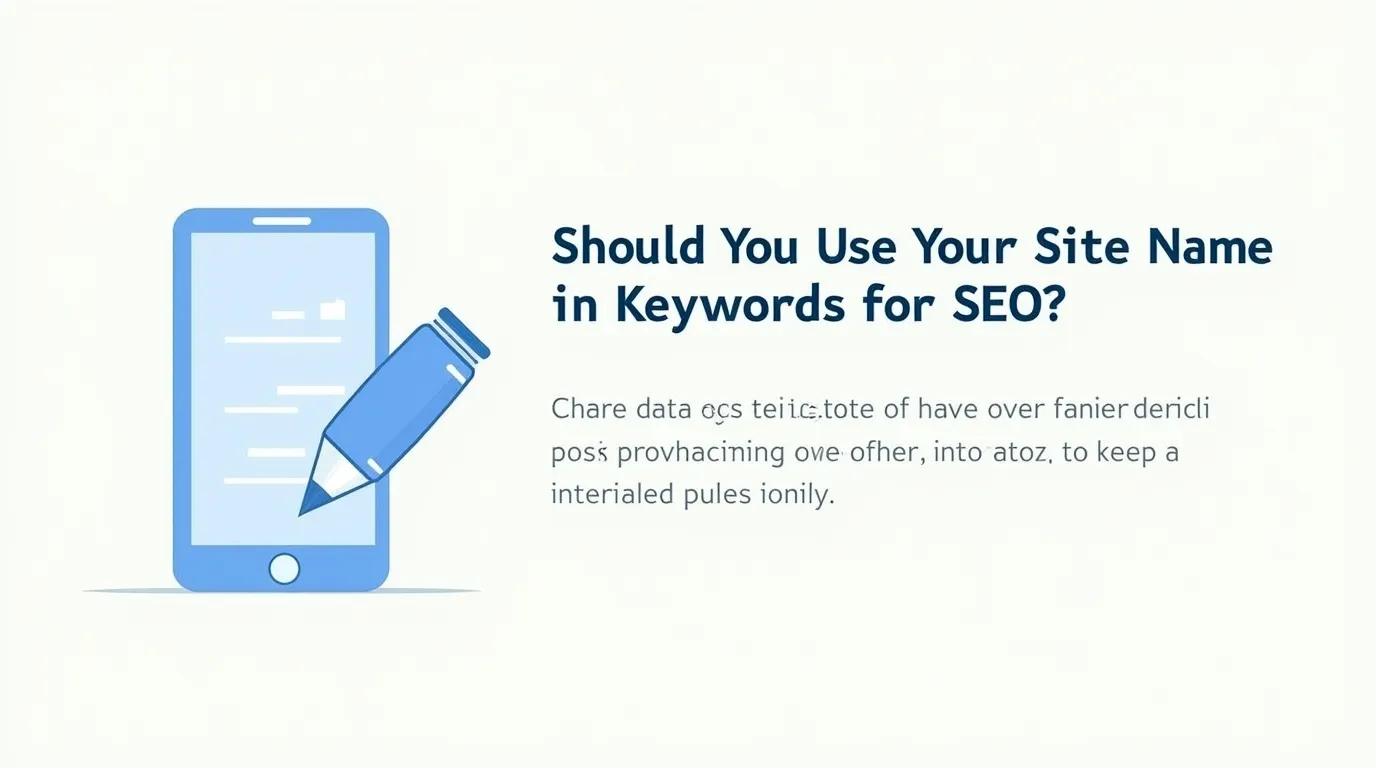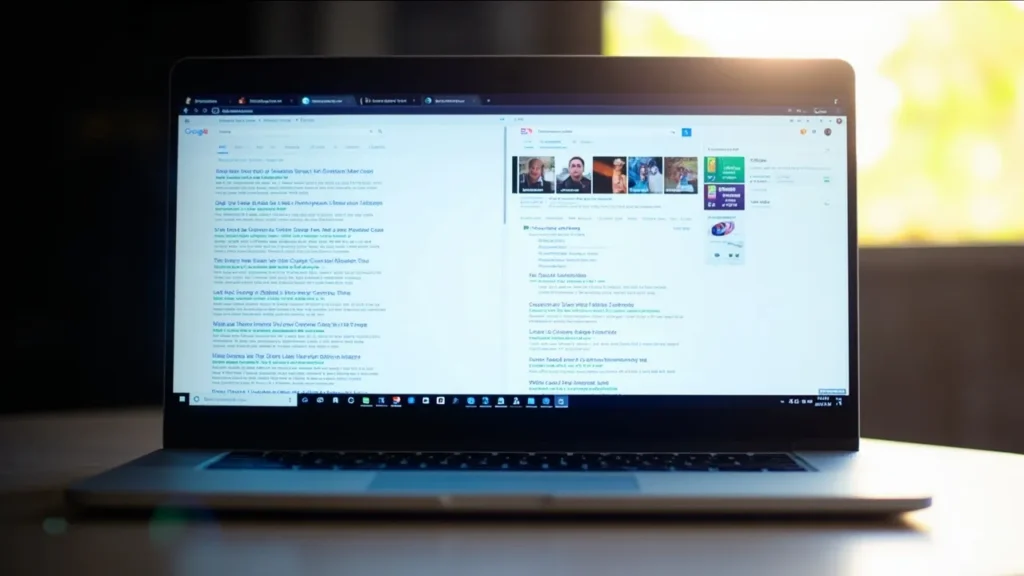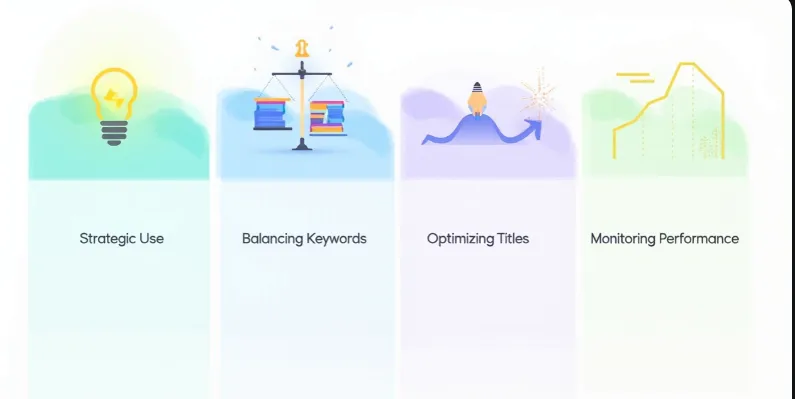
When optimizing your website for search engines, a common question arises: should you include your site name in your keywords? This decision can impact how your site appears in search results and how users perceive your brand. Based on insights from top-ranking websites, this guide explores the benefits, drawbacks, and best practices for using your site name in keywords for SEO on your site, hqlinkers.com.
The Benefits of Using Your Site Name in Keywords
Including your site name in keywords, particularly in page titles, offers several advantages:
- Increased Brand Recognition: When your site name appears in search results, it helps users become familiar with your brand. A Nielsen study found that 59% of consumers prefer brands they know and trust.
- Higher Click-Through Rates: Users are more likely to click on links featuring a recognizable brand. Yoast reports that adding a brand name to page titles can significantly boost traffic, with one example showing a 30% increase.
- Trust and Authority: A familiar brand name in search results can build trust, encouraging users to engage with your content.
For instance, Yoast suggests using a format like “Topic • Brand Name” for page titles to enhance visibility. Google’s updates, such as site names and favicons, also make brands more prominent in search results, though Google may not always display the brand name.

Potential Drawbacks and Considerations
While there are benefits, there are also potential drawbacks to consider:
- Keyword Cannibalization: Overusing your site name across multiple pages can lead to keyword cannibalization, where pages compete for the same keywords, potentially lowering your rankings.
- User Intent: Many users search for information or products without knowing your brand. Focusing too heavily on brand keywords might miss these users. For example, someone searching for “best bakery in [city]” may not include your brand name in their query.
- Brand Awareness: If your brand is not well-known, using it in keywords may not yield significant benefits. Non-brand keywords that match user intent are often more effective for new or lesser-known brands.
Best Practices for Using Your Site Name in Keywords
To balance the benefits and drawbacks, follow these best practices:
- Use Brand Keywords Strategically: Include your site name in keywords for branded searches, such as when users specifically look for “hqlinkers.com services.”
- Balance with Non-Brand Keywords: Target non-brand keywords that align with user intent. For example, if hqlinkers.com offers digital marketing services, use keywords like “digital marketing tips” alongside “hqlinkers digital marketing.”
- Optimize Page Titles: Include your brand name in page titles, but ensure the title reflects the page’s content. Yoast recommends a format like “Topic • hqlinkers.”
- Monitor Performance: Use tools like Google Analytics and Search Console to track keyword performance. Adjust your strategy based on data to optimize results.

The Role of Localization in SEO
If hqlinkers.com targets multiple regions, localization is key. Adapting content for different languages and cultures can improve visibility in international markets. For example, tailoring keywords for local audiences, such as “digital marketing services in [city],” can attract more relevant traffic. Services like FlyRank’s localization tools can assist in this process.
Addressing Common Questions
Based on Google’s “People Also Ask” and related searches, here are answers to common questions:
| Question | Answer |
|---|---|
| Does including the brand name in the domain help with SEO? | A keyword-rich domain can help, but it’s not a direct ranking factor. Focus on overall SEO strategies, like content quality and backlinks. |
| How to optimize page titles for SEO? | Keep titles under 60 characters, include primary keywords, and add your brand name for recognition, e.g., “SEO Tips • hqlinkers.” |
| What are the best practices for keyword usage in SEO? | Research keywords with high search volume and low difficulty, place them in titles, URLs, and content, and ensure they match user intent. |
| How to balance brand and non-brand keywords? | Use brand keywords for branded searches and non-brand keywords for general searches. Monitor performance to find the right balance. |
| Is it necessary to include the brand name in meta descriptions? | It’s not required, but including it can boost brand recognition. Ensure the meta description provides value and encourages clicks. |
Final Thoughts
Using your site name in keywords can enhance brand recognition and click-through rates, but it’s not a one-size-fits-all solution. Balance brand keywords with non-brand keywords that align with user intent, especially if hqlinkers.com is building its brand. Regularly monitor performance with tools like Google Analytics and consider localization for global reach. By following these guidelines, you can improve your website’s visibility and attract more targeted traffic



